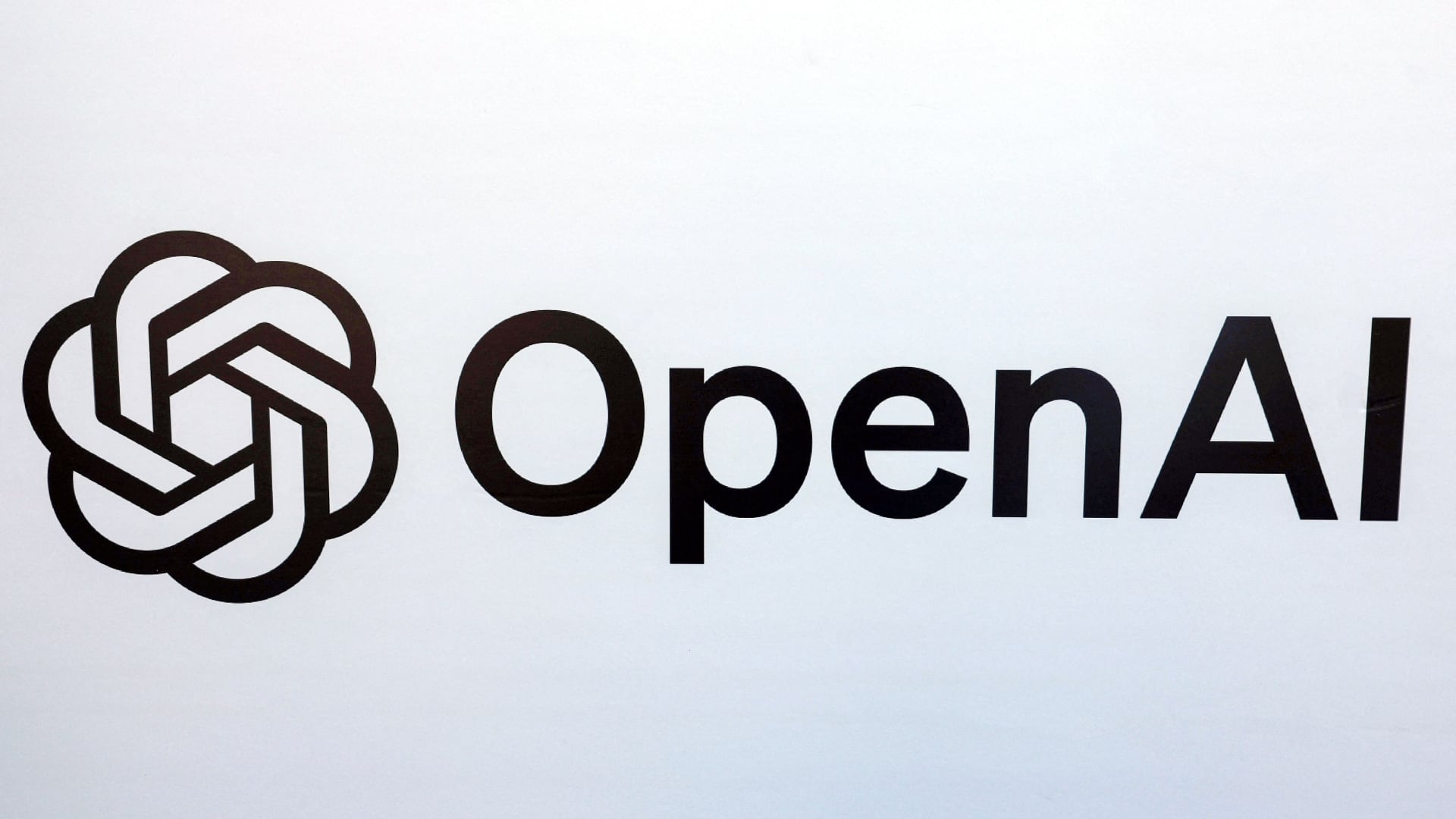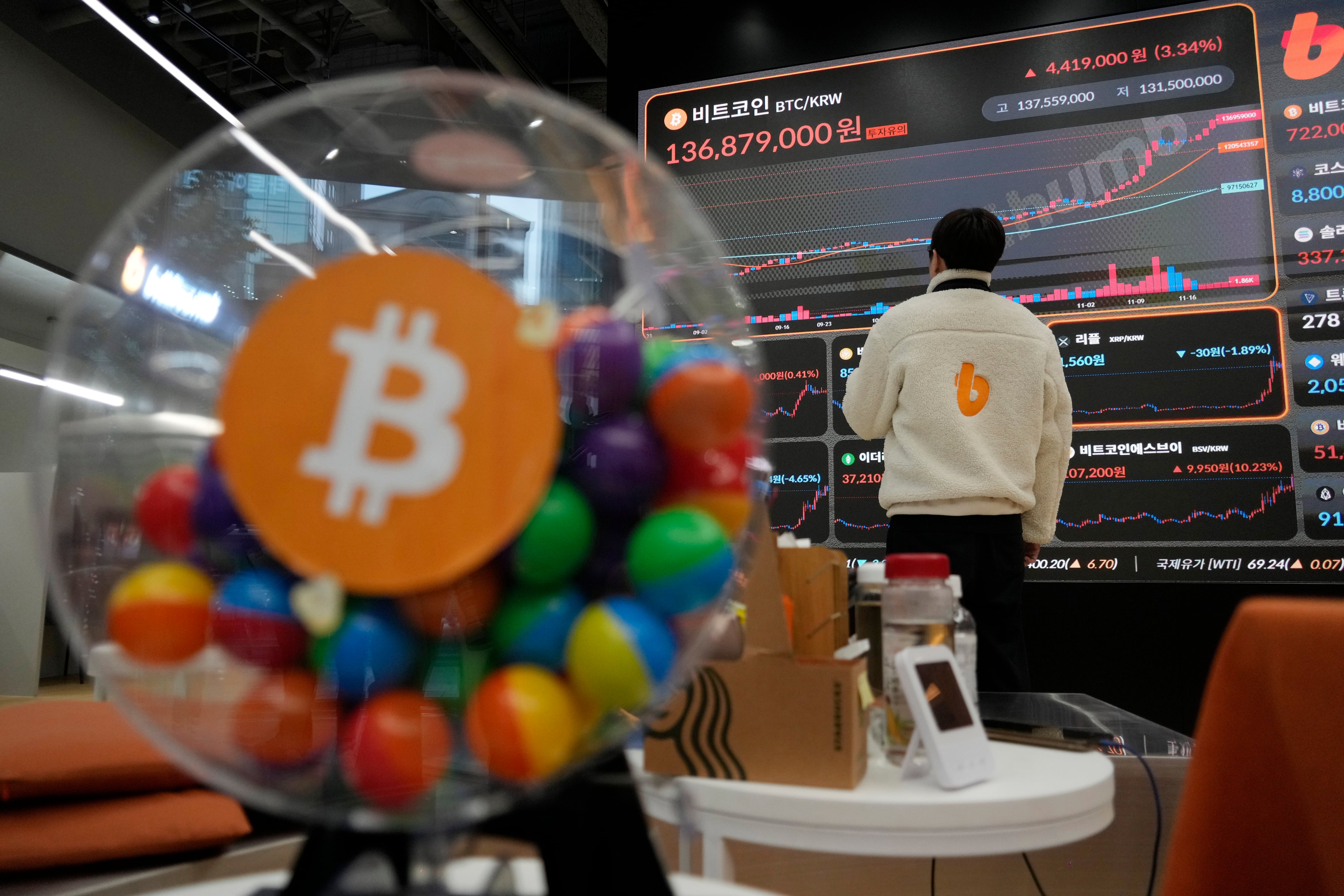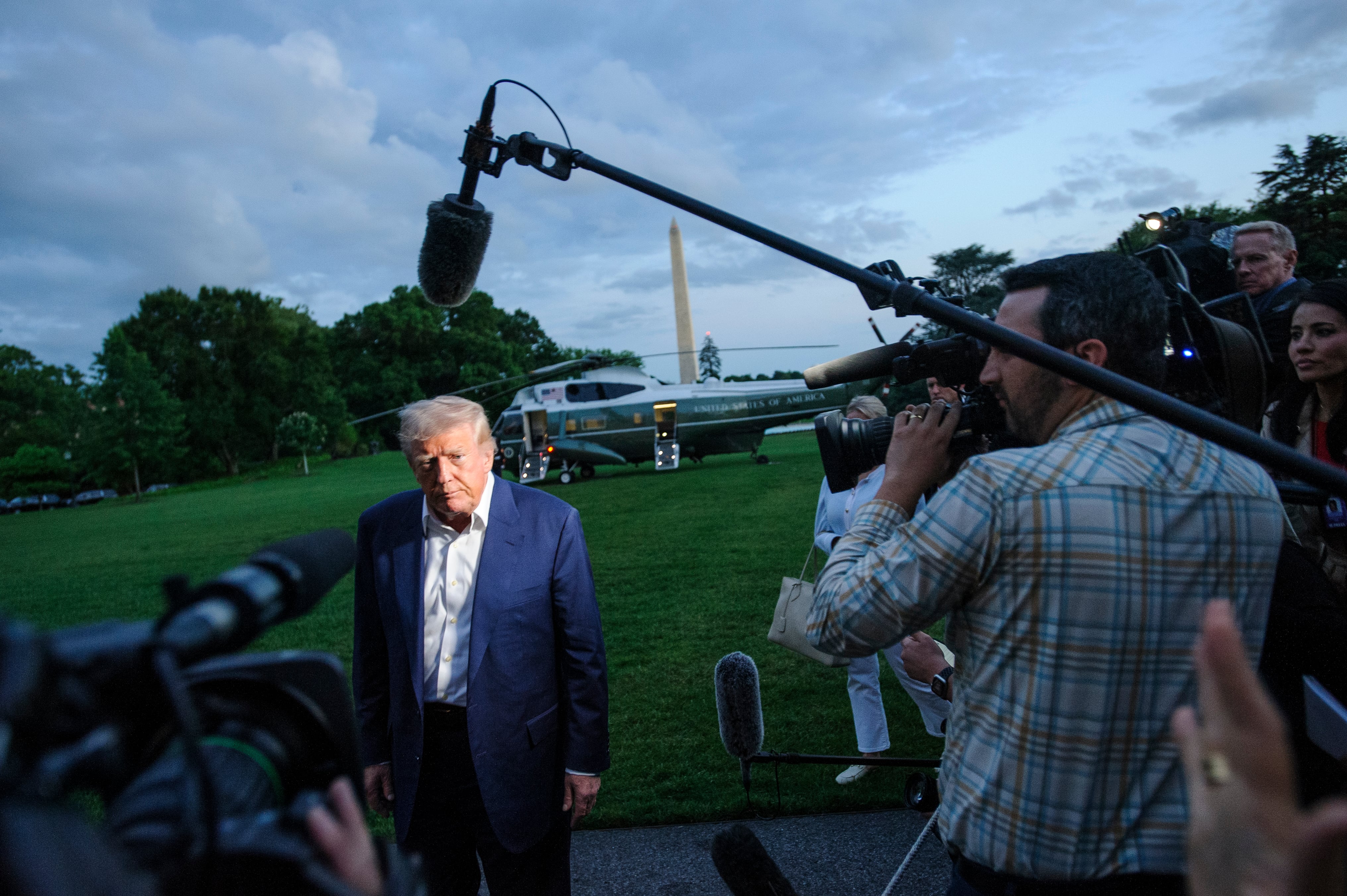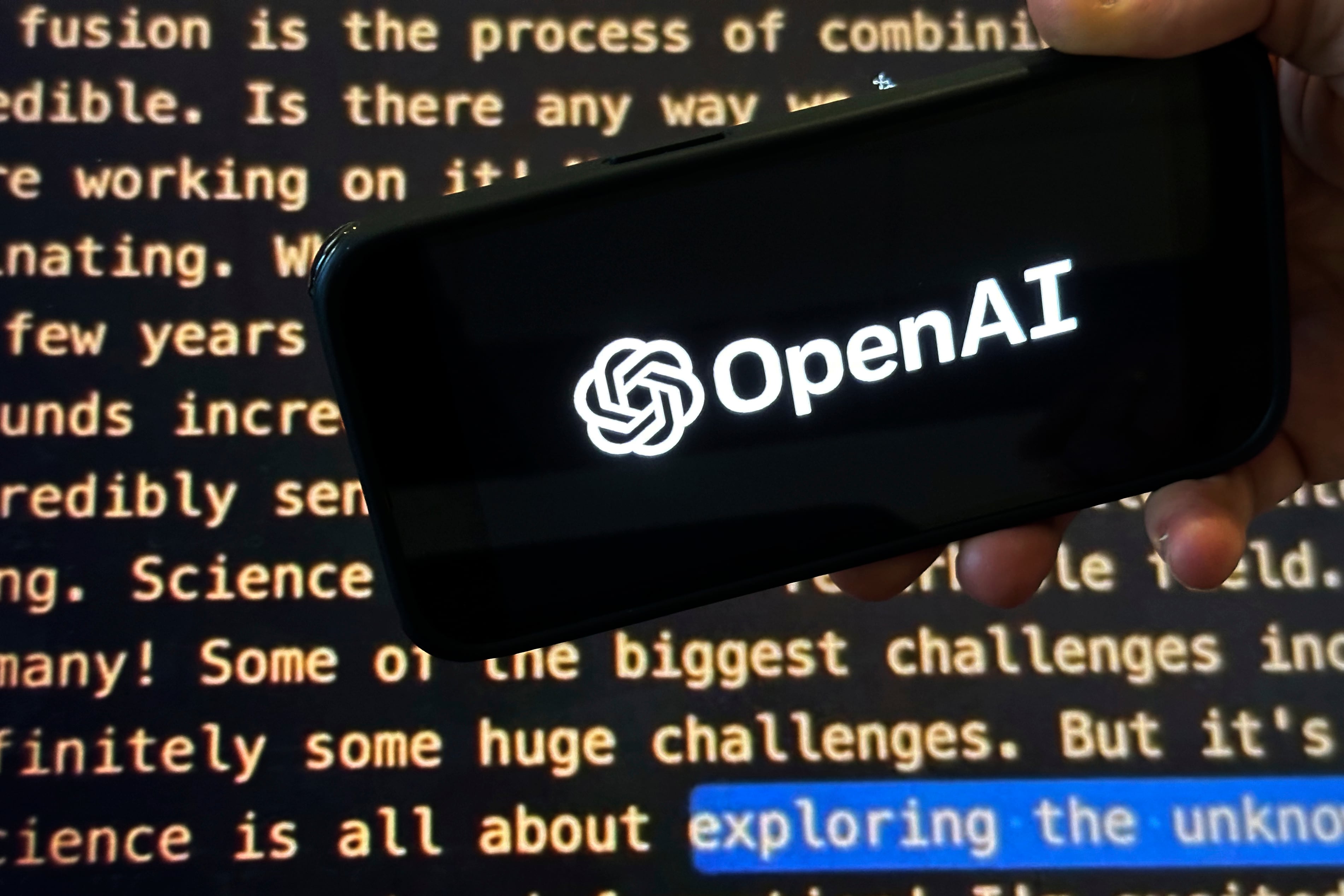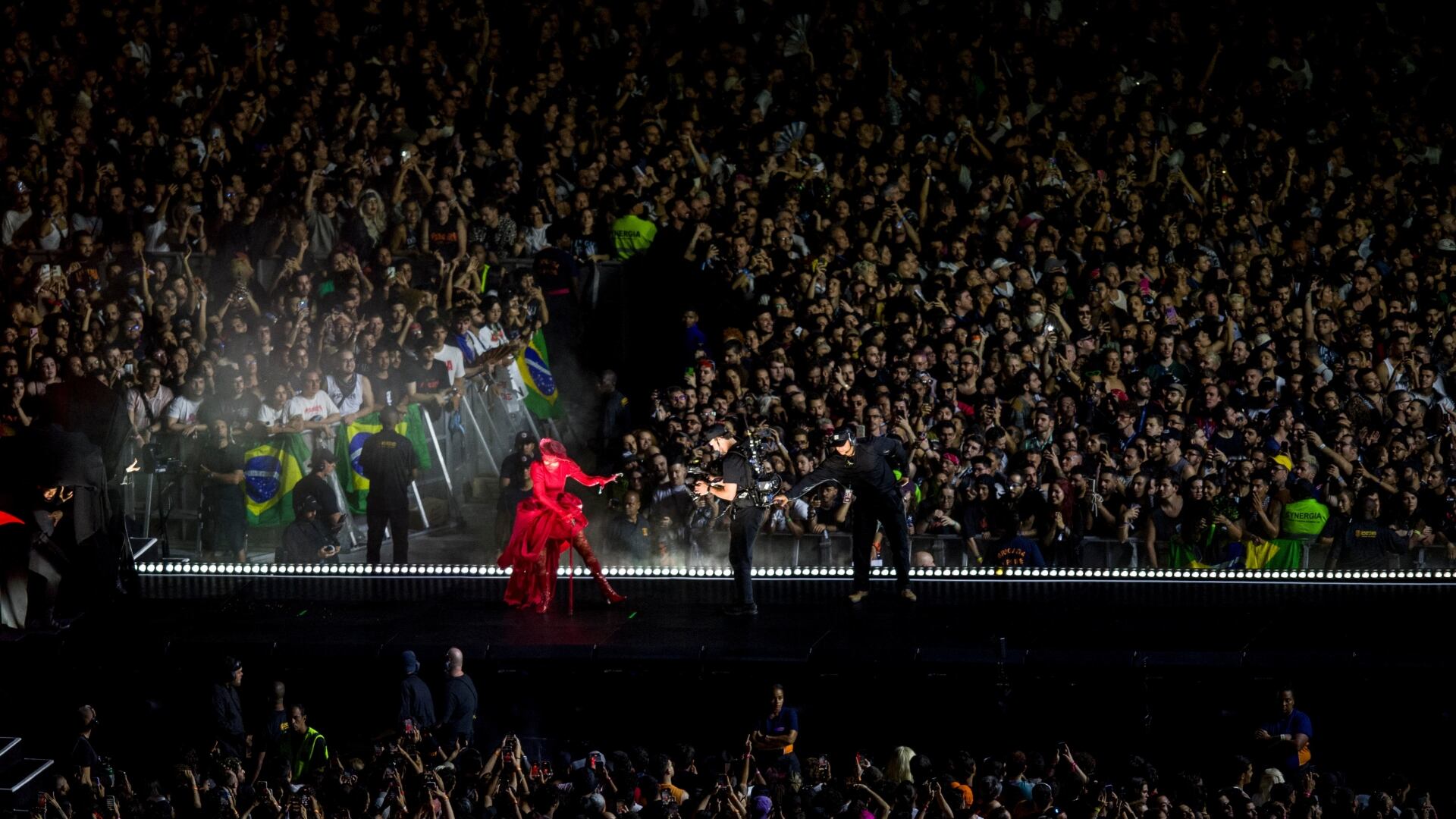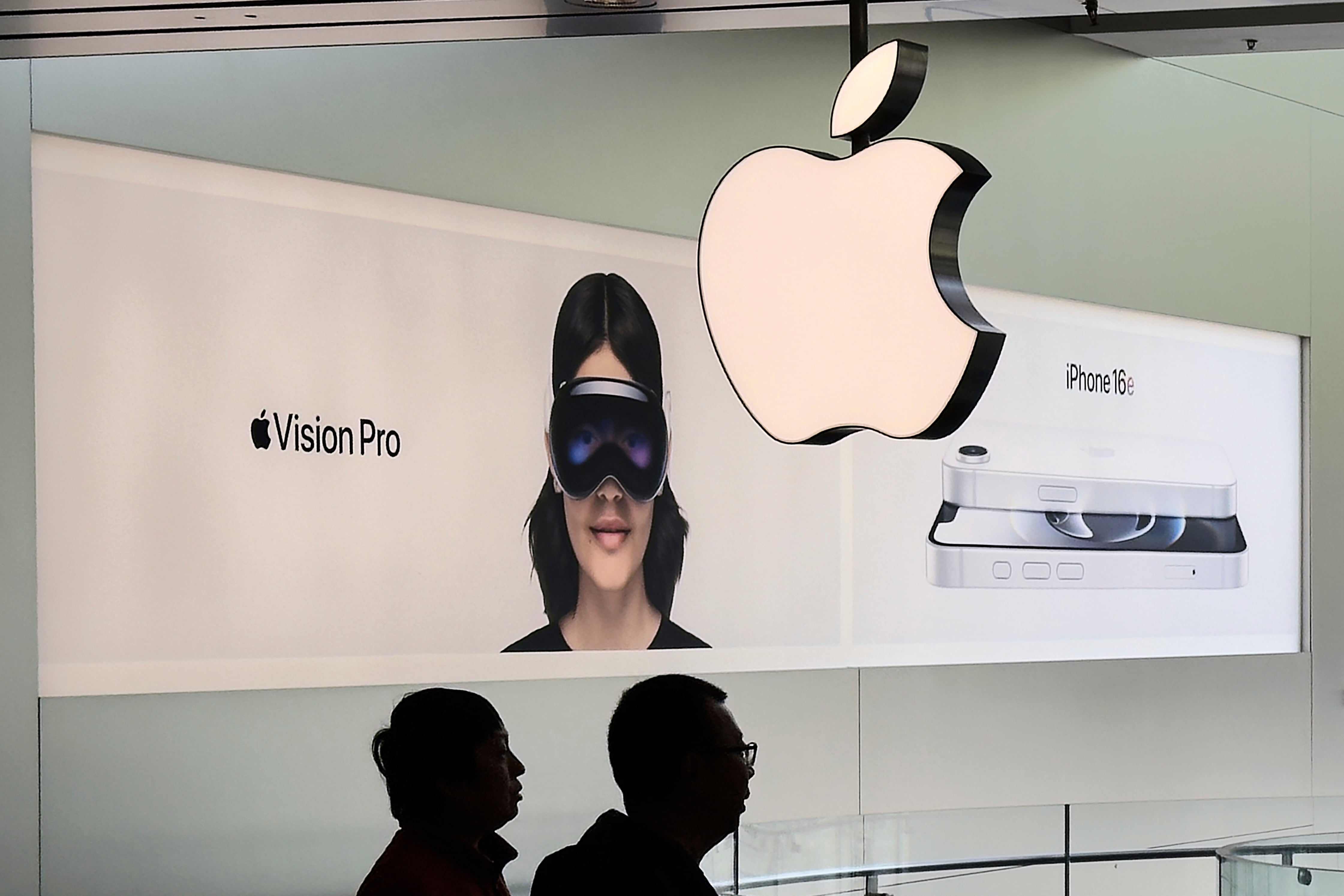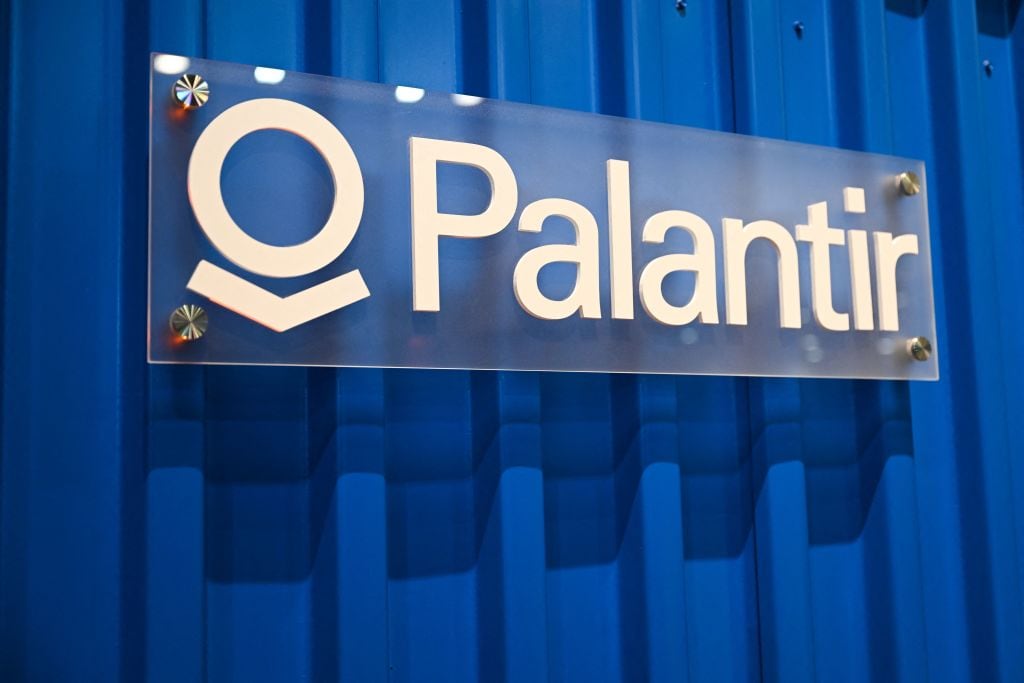*By Carlo Versano* Shares of General Motors soared by as much as 5 percent Wednesday on news that Honda will take a stake in its Cruise unit as part of a new partnership to build an autonomous vehicle for "large-scale deployment." "This is a great deal on the path to deploying self-driving cars at scale," Cruise CEO and co-founder Kyle Vogt said Wednesday in an interview on Cheddar. Honda ($HMC) will bring $2.75 billion to the table over 12 years for a 5.7 percent stake in Cruise, valuing the GM ($GM) subsidiary at $14.6 billion ー that compares to a $11.5 billion valuation in May. Vogt said that Honda's engineering expertise, particularly in "space-efficient design" is a critical element of the joint venture. The companies will work together to build an autonomous car from the ground up, Vogt said. Unlike Cruise or Google's ($GOOGL) Waymo unit of fleets of retrofitted SUVs and minivans, the mission is to completely rethink what an automobile is when a driver isn't needed ー or wanted, for that matter. "We're removing the constraints of how cars drive today," Vogt said. "This is what comes next." Vogt didn't give a timeline for roll-out, but he said the plan is for engineers from GM, Cruise, and Honda to first focus on a car that can be deployed in a rideshare capacity, making it "accessible to as many people as possible." In a press release, GM referred to it as "purpose-driven" vehicle, leaving the possibility open that it can be used for things like delivery, for example. The vehicle will be manufactured at a current GM plant. A partnership of this size between two multinational auto giants shows the importance of scale as legacy manufacturers and tech start-ups jockey for position in a field that has the potential to revolutionize huge swaths of the economy. Tesla ($TSLA) has proven how difficult it can be to produce a car "from scratch" without infrastructure in place or decades of assembly-line experience. GM and Honda have both. For full interview [click here](https://cheddar.com/videos/gms-cruise-teams-up-with-honda-on-autonomous-cars).
